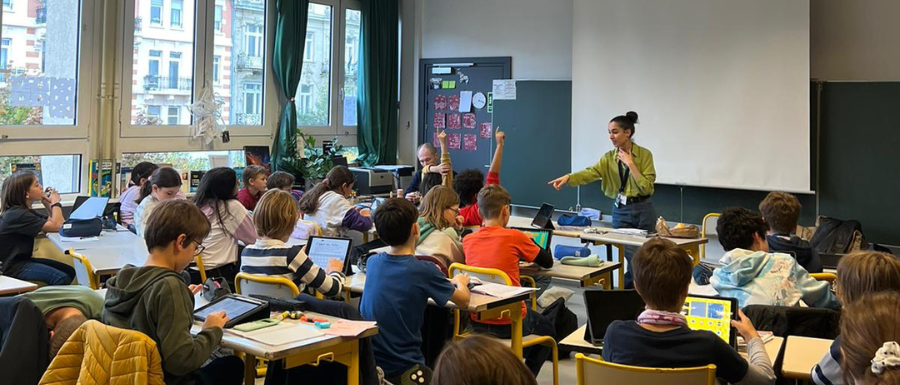The PEACE Education project was funded by the European Union through the Erasmus+ programme and developed by 7 partners from four different countries: France, Türkiye, Portugal, and Slovenia. The project aims to create an inclusive learning environment and to reduce violence in schools. To this end, tools have been implemented to provide the necessary skills to teachers and other educators to integrate Peace education into their teaching experiences.
The first tool is the OOC (Open Online Course), which contains 5 modules developed through a needs analysis as a first step for teachers and workers in general who work with young people aged 12-18. The goal is to include Peace Education and establish inclusive education, nondiscrimination, and non-violence. This training will be complemented by an ongoing exchange of valuable teaching methods among teachers through an Online Teachers Community (OTC), aspiring to evolve into a multilateral beneficial network.
The open online course and the online community will be freely accessible, allowing teachers, youth workers, and other users to find extensive materials about pertinent themes and skills.
Visit the PEACE education website to learn about how this project developed, a presentation of the consortium, and the e-handbook with a needs analysis in the four countries.
Register for the Open Online Course here and join the Online Community here.
After navigating and using these tools, your feedback is really appreciated, you can provide it here.
To disseminate the project results thoroughly, ALDA visited various institutions to present the PEACE project. From 6th-grade students to the Rectorate of Strasbourg, PEACE aroused great interest among various stakeholders. For example, during the visit to Notre Dame de Sion Middle-school in Strasbourg, ALDA talked about the project in front of a 6th-grade class (and how it fits into the idea of civil European construction) and facilitated a workshop with them about the importance of non-violent communication and active listening, key elements of peace education.
